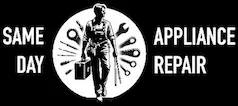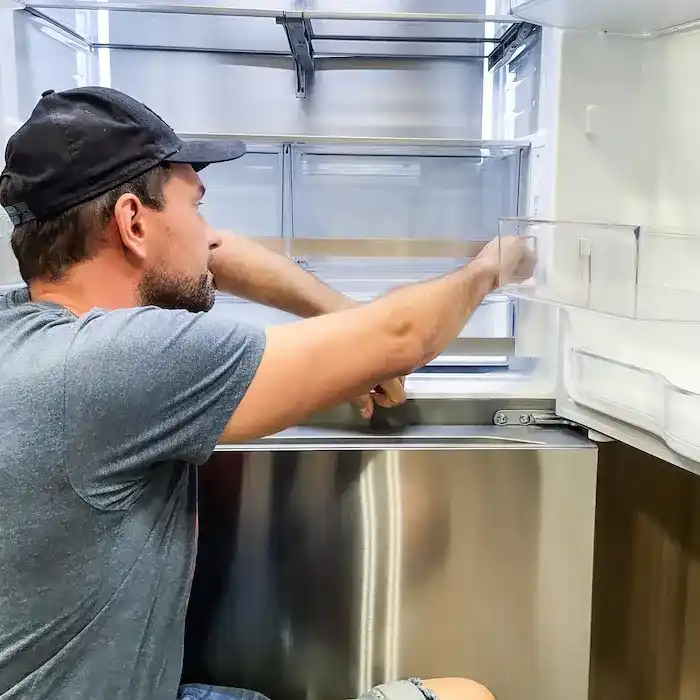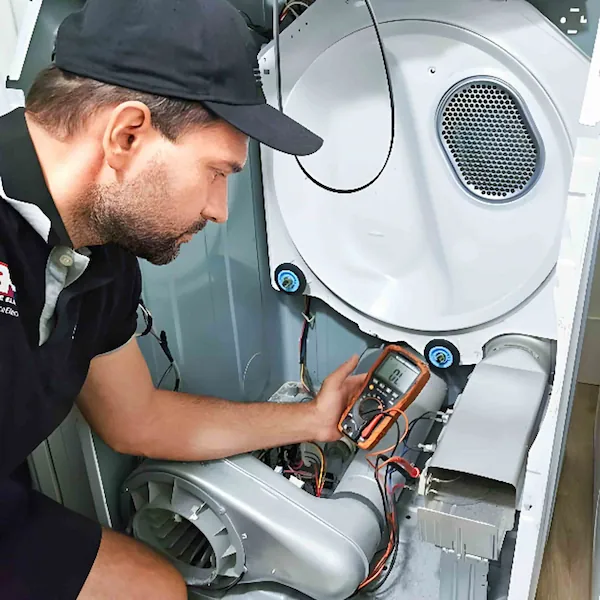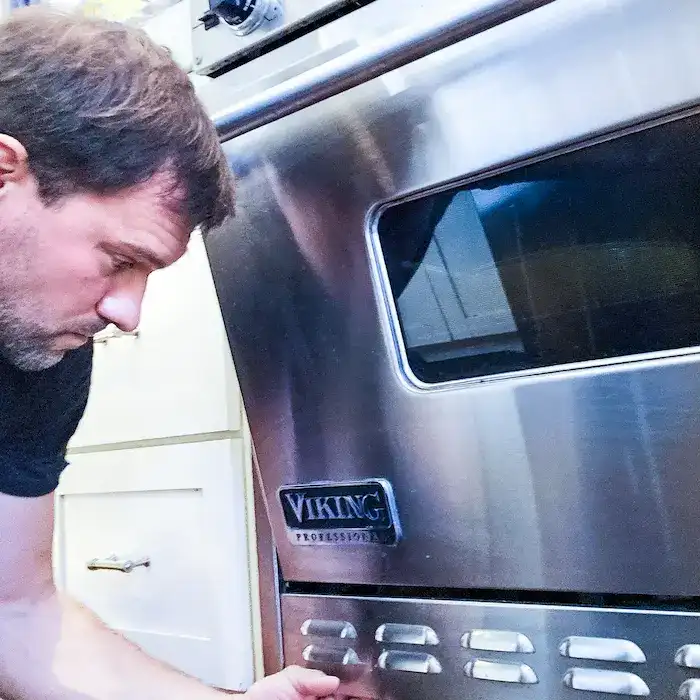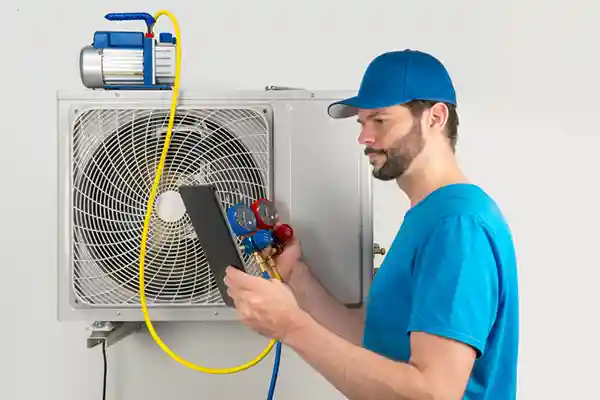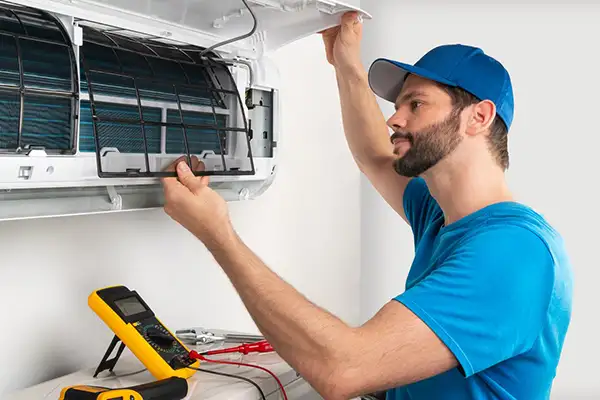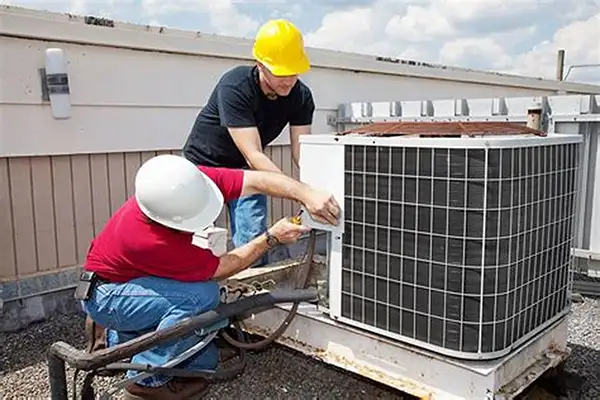Air Conditioner Repair Los Angeles And Nearby Areas
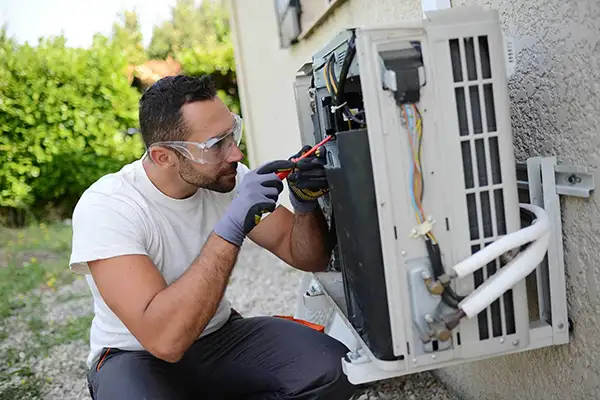
Looking for Air Conditioner Repair Los Angeles? We are definitely the best team to fix it, and we will solve all your HVAC related problems! Why do we claim to be the best? It is not just us. Our well pleased customers, who call us back and keep recommending us to their friends and family, are proof of our quality air conditioner repair services. If you search for air conditioner repair Los Angeles, you will find many appliance repair companies that promise to deliver, and not many of them actually do.
To protect our customers, we ensure that our repairmen undergo extensive training in air conditioner repairs, installation, and maintenance. We also strive to protect our customers by being an insured and licensed appliance repair company with a warranty. Providing a warranty gives our clients peace of mind, and they can call us back with an air conditioner issue within three months after the repair. Repairing your air conditioner is as important to us as it is to you. We strive to provide absolutely the best services in repairing your air conditioner. This is why we promise a full refund if we cannot repair it.
